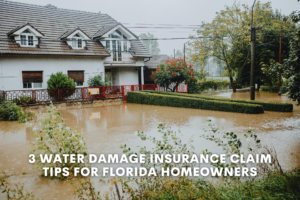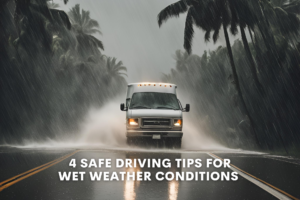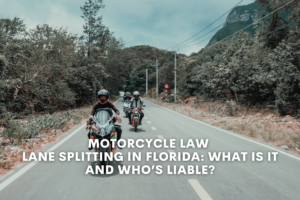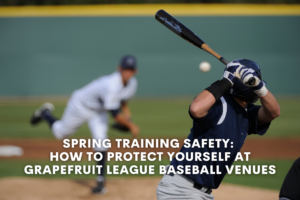Property damage occurs when items are damaged or destroyed. When this happens, the item loses its monetary value and impacts its functionality.
But, just like with any area of law, there are myths and today, we’re debunking four common property damage myths every homeowner should know.
Myth 1: Insurance covers all property damage.
Standard homeowners insurance policies typically cover damage from fires, windstorms, and theft. Flood damage is usually separate. This is important for Florida homeowners, especially those in areas susceptible to hurricanes and flooding, to make sure their homes and personal items are protected.
Myth 2: Florida homeowners’ insurance includes hurricane coverage.
Building off the first myth, standard policies do not include coverage for flood damage. Yes, wind damage is typically covered. But, Florida homeowners need to buy separate flood insurance to protect their homes and belongings from storm surges and flooding.
Myth 3: Florida homeowners can buy flood insurance whenever they want.
Most flood insurance policies have a 30-day waiting period before they’re effective. This means a Florida homeowner can’t buy insurance when a storm is predicted and covered. Because of this, you should plan and get flood coverage before hurricane season.
Myth 4: Florida homeowners aren’t always exempt from trespasser injury responsibility.
In Florida, the property owner typically isn’t responsible for trespasser injuries.
However, there are instances when a homeowner can be held liable.
- If a homeowner knows that trespassers use their property, they can no longer claim they’re unaware. Because of this, if someone gets injured, the homeowner can be considered negligent and liable.
- Another example is if a homeowner or property owner partakes in dangerous activities on their property, like shooting practice, they could be held responsible for any injuries.
- Some dogs are a threat to other dogs and people. Because of this, if a property owner has a dangerous dog, they must warn trespassers of their dog’s presence. If they don’t, they can be considered negligent.
- It might come as a shock, but homeowners/property owners have a duty of care to invited and uninvited guests. This means you must keep your property at a reasonably safe level, be aware of and address hazards, and fix them as best as possible. Failure to do so can lead to negligence and liability.
How to document property damage
If an accident happens, what you do in the aftermath matters most. Our blog, How to Properly Document Property Damage, explains everything you need to know.
Do you have a property damage case?
If you or someone you know has property damage and feel they have a case, contact our team of property damage lawyers in Tampa to walk you through the process.
Schedule your free case evaluation today.

